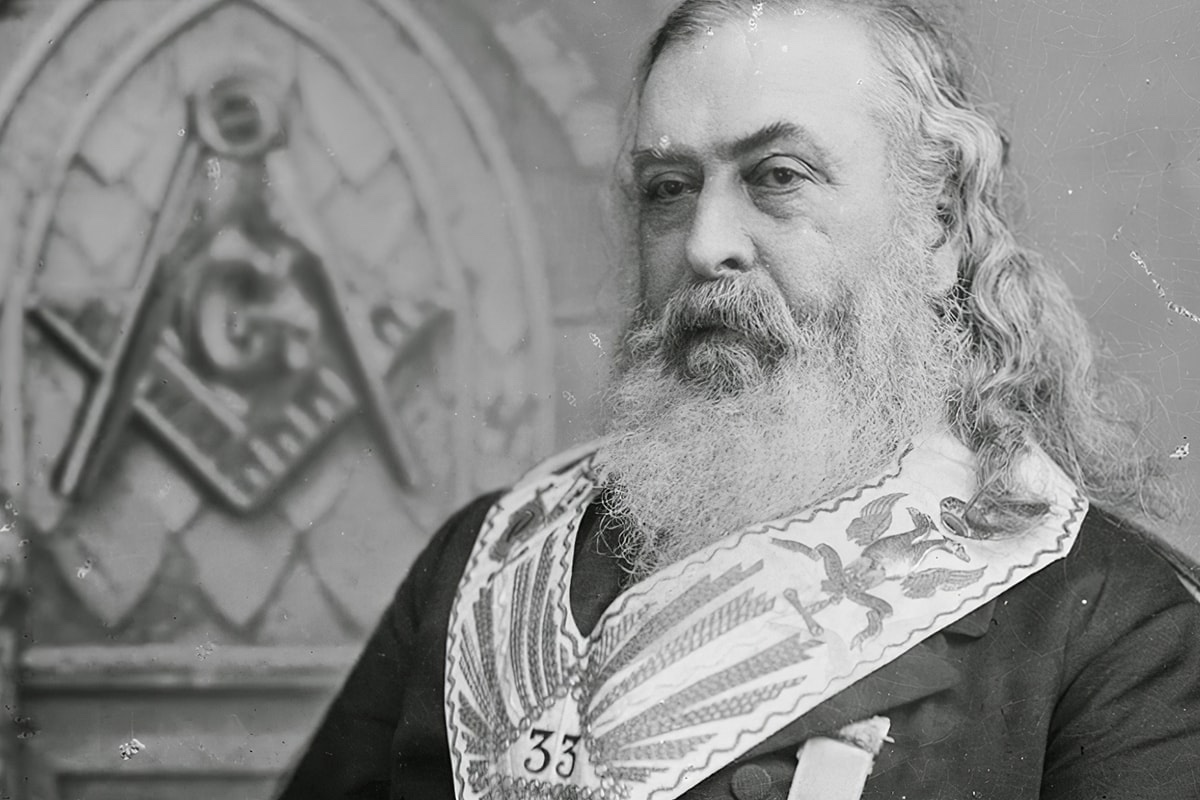“Then the shadows of a horrible doubt fall upon the soul that would fain love, trust and believe; a darkness, of which this that surrounded you was a symbol. It doubts the truth of Revelation, its own spirituality, the very existence of a beneficent God. It asks itself if it is not idle to hope for any great progress of Humanity toward perfection, and whether, when it advances in one respect, it does not retrogress in some other, by way of compensation: whether advance in civilization is not increase of self-ishness: whether freedom does not necessarily lead to license and anarchy: whether the destitution and debasement of the masses does not inevitably follow increase of population and commercial and manufacturing prosperity. It asks itself whether man is not the sport of a blind, merciless Fate: whether all philosophies are not delusions, and all religions the fantastic creations of human vanity and self-conceit; and, above all, whether, when Reason is abandoned as a guide, the faith of Buddhist and Brahmin has not the same claims to sovereignty and implicit, unreasoning credence, as any other.”
Morals and Dogma (page 299)
Reason as a Guide


